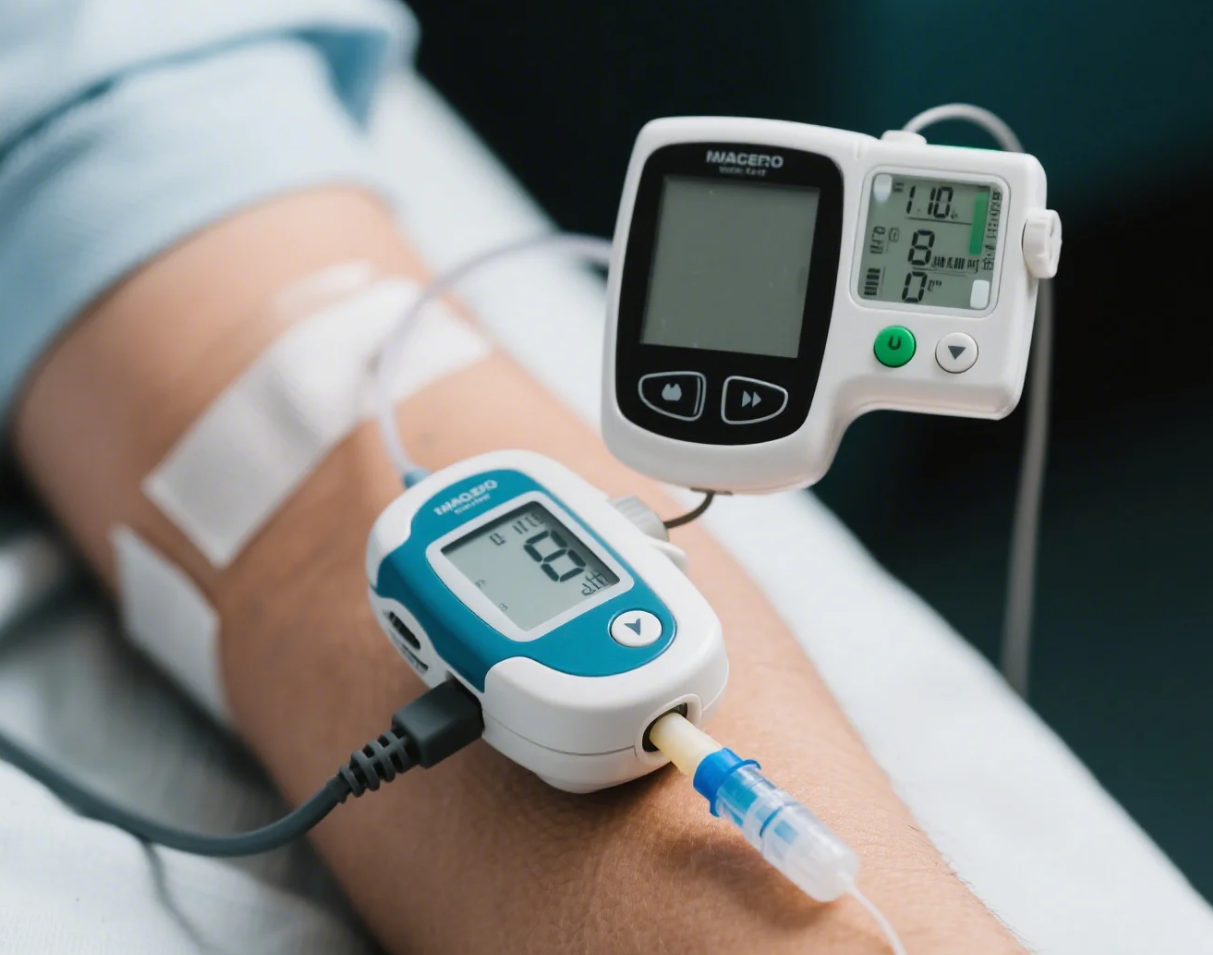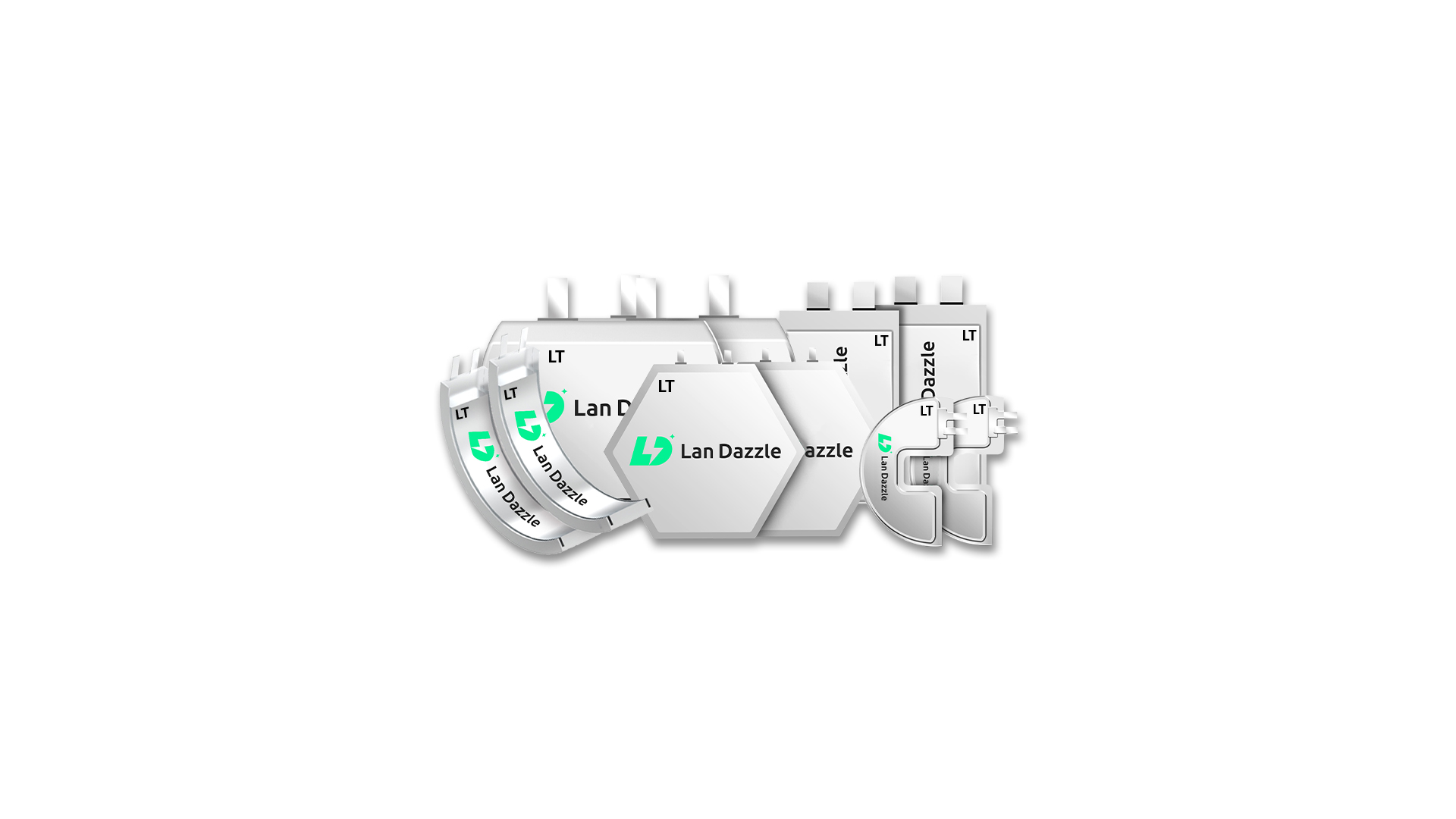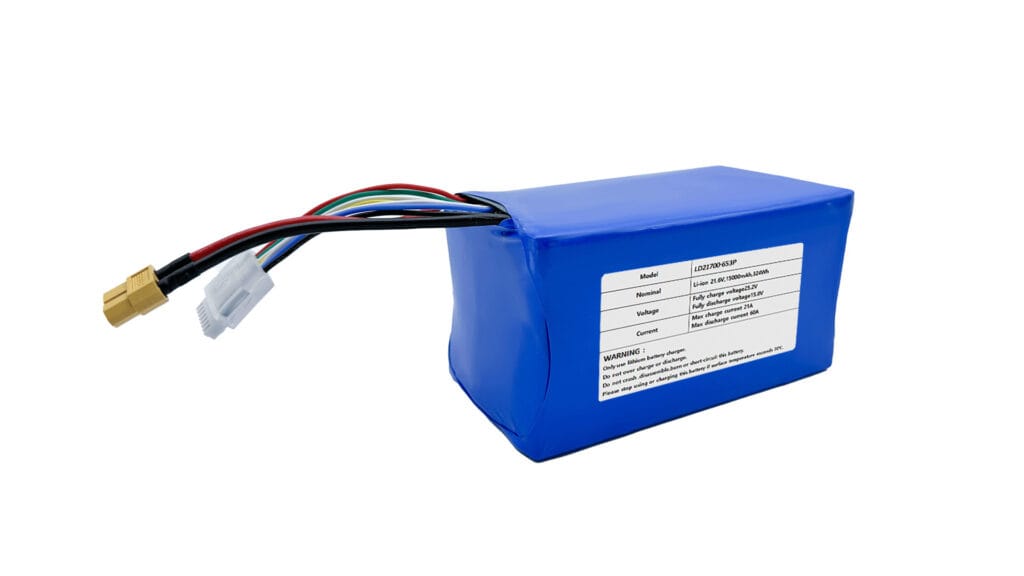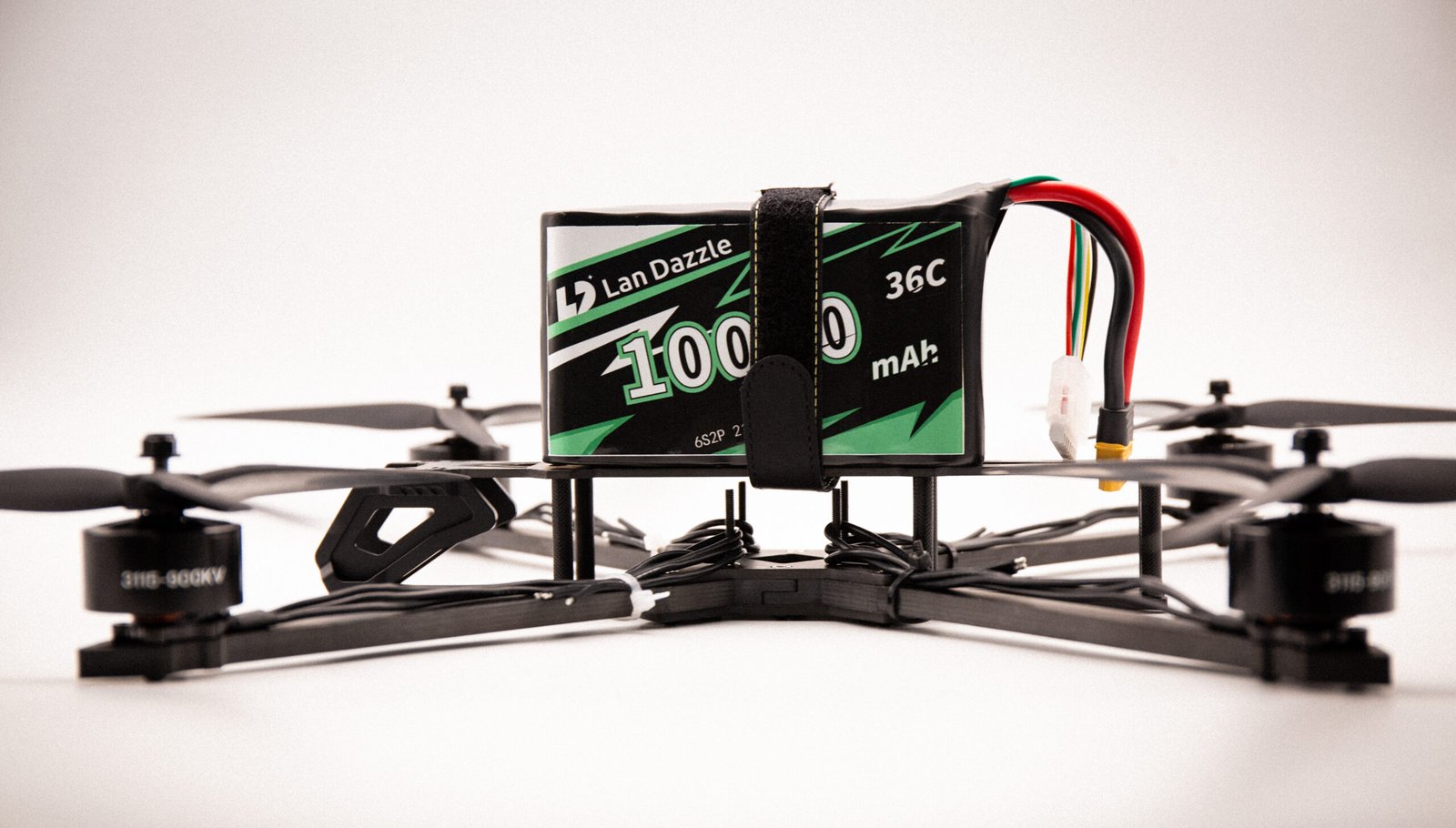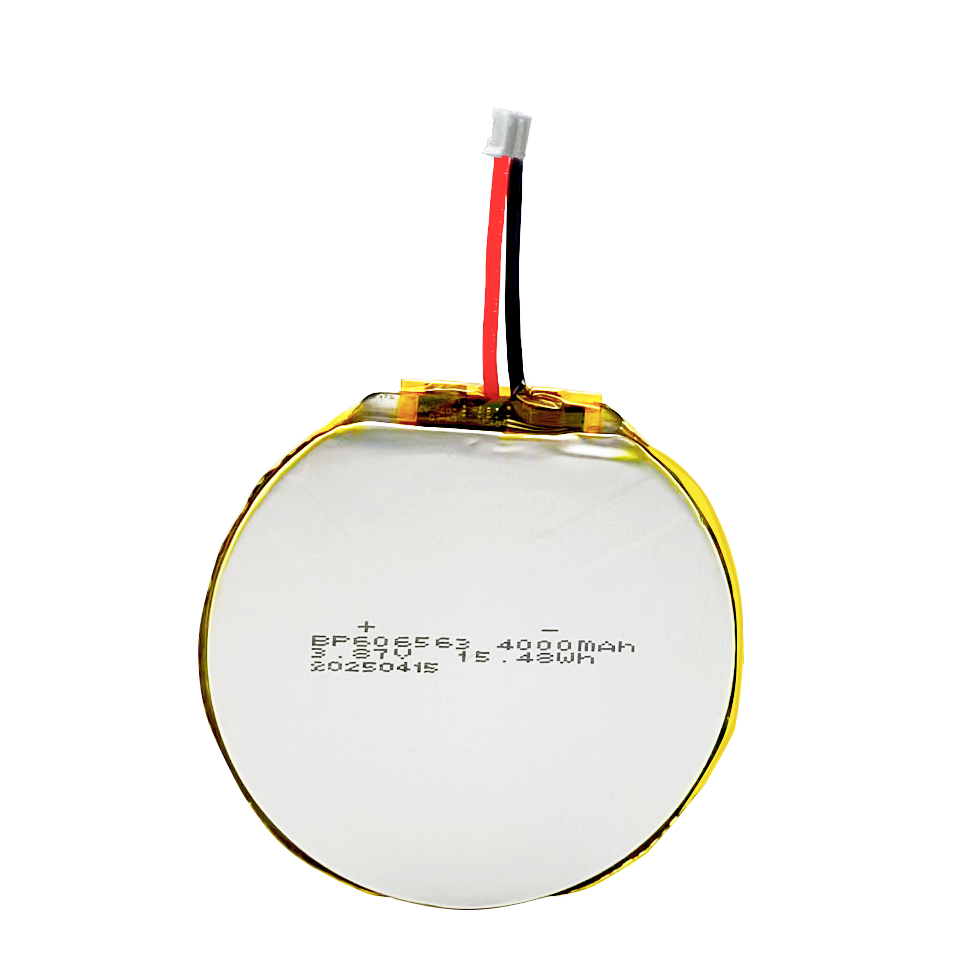In the intricate world of modern healthcare, small medical devices play an increasingly critical role in patient care, monitoring, and treatment. From the continuous glucose monitoring of diabetic patients to the life-sustaining pulses of a pacemaker, these devices rely on a stable and reliable power source. While off-the-shelf batteries serve many general applications, the unique demands of medical devices like insulin pumps, infusion pumps, pacemakers, and glucose meters are driving a growing need for med batteries customization. This article delves into the significant advantages, the intricate process, and the crucial considerations involved in tailoring battery solutions for these vital healthcare tools.
The Growing Need for Customization in Medical Device Batteries
The landscape of small medical devices is characterized by remarkable diversity and increasingly sophisticated functionalities. An insulin pump, for instance, requires a battery capable of delivering a consistent and precise power output over extended periods to ensure accurate insulin delivery. Conversely, a glucose meter demands rapid bursts of energy for quick readings. Implantable devices like pacemakers face the most stringent requirements, needing ultra-reliable, long-lasting power sources that can function seamlessly within the human body for years.
Off-the-shelf battery solutions often fall short of meeting these highly specific needs. Size constraints are a common challenge, as manufacturers strive to create smaller, more discreet, and patient-friendly devices. The voltage and current profiles of generic batteries may not align perfectly with the device’s power consumption patterns, leading to inefficiencies or reduced performance. The regulatory environment surrounding medical devices adds another layer of complexity. Batteries integrated into these devices must adhere to stringent medical standards, such as ISO 13485, ensuring patient safety and device reliability – requirements that generic batteries may not always meet. The pursuit of smaller, lighter, and more efficient medical devices inherently necessitates the innovation and flexibility offered by custom medical batteries.
Benefits of Choosing Custom Medical Batteries
Opting for custom medical batteries offers a multitude of compelling advantages for medical device manufacturers and, ultimately, for patients:
- Optimized Performance: By tailoring the battery’s voltage, capacity, and discharge rate to the exact specifications of the medical device, manufacturers can achieve peak performance and energy efficiency. This ensures the device operates as intended, delivering accurate and timely therapy or monitoring.
- Enhanced Safety: Custom battery designs allow for the integration of specific safety features, such as over-charge and over-discharge protection circuits, and the use of materials that meet stringent medical safety regulations. This minimizes the risk of battery-related failures or hazards for patients.
- Extended Battery Life: Through careful cell selection and optimized battery management systems, custom medical batteries can maximize energy density and cycle life. This translates to longer periods between battery replacements or recharges, improving patient convenience and reducing the overall cost of ownership.
- Space Efficiency and Design Flexibility: Customization unlocks the ability to design batteries in unique shapes and sizes, perfectly conforming to the increasingly compact and ergonomic designs of modern medical devices. This allows for greater innovation in device aesthetics and portability.
- Improved Reliability: Custom medical batteries are often manufactured with higher quality components and subjected to rigorous testing protocols tailored to the specific demands of medical applications. This meticulous approach ensures consistent and dependable power delivery, crucial for life-sustaining devices.
Consider a hypothetical scenario: a manufacturer is developing a new, ultra-miniature insulin pump aimed at improving patient comfort and discretion. Standard lithium-polymer batteries, while offering good energy density, might not fit the device’s unique internal layout. By opting for a custom lipo battery for insulin pumps, the manufacturer can achieve the desired compact form factor, while also tailoring the battery’s discharge characteristics to ensure consistent insulin delivery throughout its lifespan.
The Process of Custom Medical Battery Development
Developing a custom medical battery is a multi-stage process that requires close collaboration between the medical device manufacturer and the battery specialist:
- Initial Consultation and Requirements Gathering: This crucial first step involves a detailed discussion to understand the precise power requirements of the medical device, including voltage, current draw, peak power demands, operating temperature range, size and weight limitations, and any relevant regulatory requirements.
- Design and Engineering Phase: Based on the gathered requirements, battery engineers design the optimal battery solution. This includes selecting the appropriate battery cells (often custom lipo battery cells for their energy density and flexibility), designing the Battery Management System to ensure safe and efficient operation, and incorporating necessary safety features.
- Prototyping and Testing: Functional prototypes of the custom battery are created and subjected to rigorous testing. This includes electrical performance testing (capacity, discharge rate, cycle life), safety testing (overcharge, over-discharge, short circuit), and environmental testing (temperature, humidity, vibration) to ensure they meet the stringent demands of medical applications and relevant standards like IEC 62133.
- Manufacturing and Quality Control: Once the prototype passes all tests, the custom batteries enter the manufacturing phase. This process adheres to strict quality control standards, often under ISO 13485 certification, to guarantee consistent quality and reliability of the final product.
- Certification and Regulatory Approval: The final step involves obtaining the necessary certifications and regulatory approvals for the medical device incorporating the custom battery. This may involve working with regulatory bodies like the FDA or EMA to demonstrate compliance with relevant safety and performance standards.
Key Considerations When Customizing Medical Batteries
When embarking on medical device battery customization, several critical factors must be carefully considered:
- Safety and Reliability: In medical applications, battery safety and reliability are paramount. The custom design must incorporate multiple layers of protection to prevent failures, thermal runaway, and other hazards that could compromise patient safety. Rigorous testing and adherence to medical device standards are non-negotiable.
- Regulatory Compliance: Navigating the complex landscape of medical device regulations is essential. The chosen battery chemistry, design, and manufacturing processes must comply with relevant standards and guidelines in the intended markets (e.g., FDA regulations in the US, CE marking in Europe).
- Lifespan and Cycle Life: The expected operational life of the medical device dictates the required lifespan and cycle life of the battery. For implantable devices like pacemakers, this could be several years of continuous operation, demanding exceptionally long-lasting and reliable battery solutions.
- Size and Weight Constraints: Modern medical devices often prioritize portability and patient comfort, necessitating compact and lightweight designs. The custom battery solution must meet these physical constraints without compromising performance or safety.
- Temperature Performance: Medical devices may operate in a range of environmental conditions, including varying body temperatures. The custom battery must be designed to perform reliably and safely across the expected temperature spectrum.
- Cost and Budget: While long-term cost-effectiveness is a benefit, the initial investment in custom battery development needs to align with the overall budget for the medical device. Balancing performance requirements with cost considerations is crucial.
- Choosing the Right Battery Manufacturer: Selecting a reputable and experienced battery manufacturer with a proven track record in developing and manufacturing medical-grade batteries is critical for a successful customization project. Their expertise in medical regulations, quality control, and safety standards is invaluable.
LanDazzle: Best Custom Med Batteries Manufacturer
LanDazzle understands the unique power challenges faced by medical device manufacturers. Specializing in the design and manufacturing of custom lithium polymer medical batteries, We offer a collaborative approach to create power solutions that are precisely tailored to the specific requirements of each device.
LanDazzle’s team of experienced engineers works closely with medical device OEMs from the initial concept stage through to mass production. We leverage our expertise to design batteries with specific shapes, sizes, voltages, capacities, and discharge rates, ensuring seamless integration and optimal performance.
Whether it’s a thin and flexible battery for a wearable health monitor, a high-density battery for a portable diagnostic tool, or a reliable power source for a critical implantable device, LanDazzle has the capabilities to deliver. Our commitment to quality extends to the materials used and the rigorous testing procedures implemented to ensure the safety and reliability of our medical-grade lithium polymer batteries.
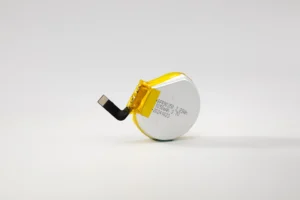
The Future of Custom Medical Batteries
The field of custom medical batteries is constantly evolving, driven by advancements in battery technology and the ever-increasing demands of sophisticated medical devices. Emerging battery technologies, such as solid-state batteries, hold the promise of even higher energy densities, improved safety, and longer lifespans, potentially revolutionizing power solutions for implantable and portable medical devices. The integration of smart Battery Management Systems (BMS) will become even more crucial, enabling real-time monitoring of battery health, optimizing performance, and enhancing safety features. Furthermore, sustainability considerations will likely play a larger role in the design and disposal of medical batteries in the future.
Conclusion
Med batteries customization is no longer a niche requirement but a fundamental aspect of innovation in small medical devices. By tailoring battery solutions to the precise needs of devices like insulin pumps, pacemakers, and glucose meters, manufacturers can achieve optimized performance, enhanced safety, extended lifespan, and greater design flexibility. While the development process demands careful consideration of regulatory requirements, safety protocols, and cost implications, the long-term benefits for both medical device manufacturers and the patients who rely on these life-enhancing technologies are undeniable. As medical devices continue to become more sophisticated and integrated into daily life, the importance of bespoke power solutions will only continue to grow, powering the next generation of healthcare innovation.
FAQ
-
Why should medical device manufacturers consider custom batteries for their devices?
Custom batteries offer optimized performance by precisely matching the device’s power needs, enhance safety through tailored protection circuits and materials, provide greater design flexibility for compact devices, and can extend battery life, improving patient convenience and device reliability. -
What types of medical devices typically benefit from custom battery solutions?
Devices with stringent power requirements, size limitations, and high reliability demands benefit most. This includes insulin pumps requiring stable discharge, pacemakers needing long-lasting power for years, glucose meters needing rapid power bursts, infusion pumps demanding consistent operation, and other small portable or implantable medical devices. -
What are the key steps involved in the process of developing a custom medical battery?
The process typically includes an initial consultation to understand device requirements, a design and engineering phase to develop specifications, prototyping and rigorous testing for performance and safety, manufacturing under strict quality control, and finally, navigating certification and regulatory approval processes. -
What are the most important factors to consider when customizing batteries for medical applications?
Paramount considerations include safety and reliability to protect patients, strict adherence to medical device regulatory compliance, ensuring the battery lifespan meets the device’s operational needs, optimizing for size and weight constraints, and guaranteeing stable performance across the expected temperature range. -
How does custom battery design impact the overall cost of a medical device?
While the initial development costs for custom batteries may be higher, the long-term benefits of optimized performance, extended battery life, reduced device failures, and potentially enhanced marketability can lead to overall cost-effectiveness.
-
What are some of the latest advancements in battery technology that are relevant to custom medical batteries?
Emerging technologies like solid-state batteries, advancements in lithium-ion chemistry for higher energy density and safety, and the development of sophisticated Battery Management Systems (BMS) for improved monitoring and performance are highly relevant to future custom medical battery solutions.
